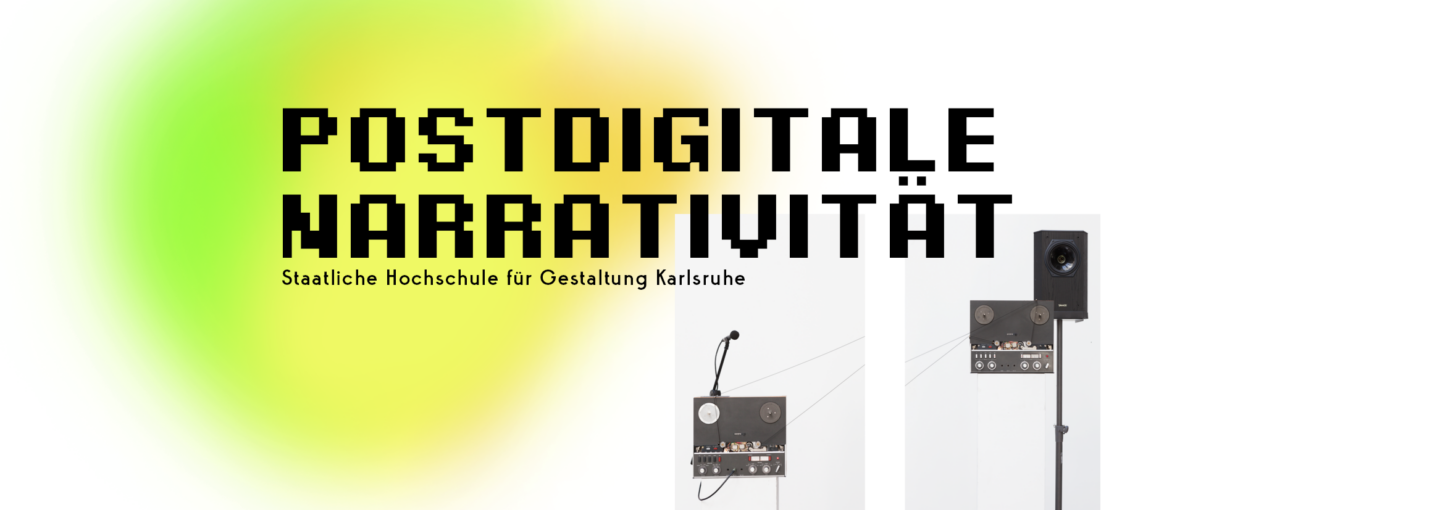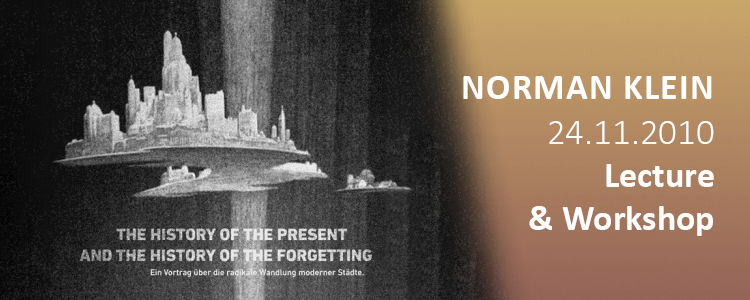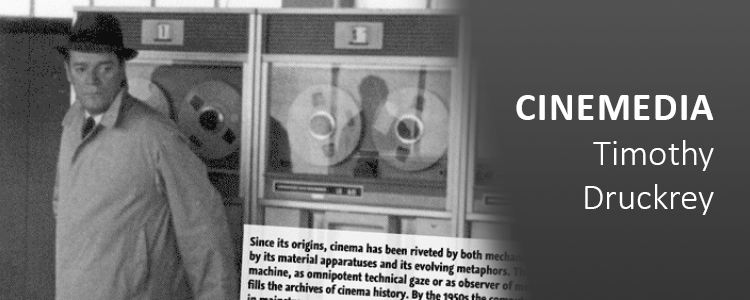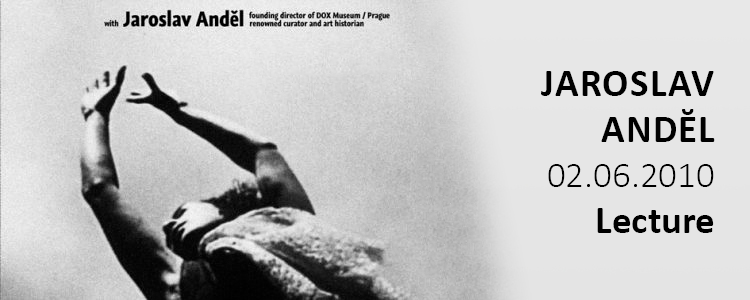Without contextual sensibility, brilliant ideas are unable to put even a foot in our everyday world. The correct initiative within an existing system is just as important as an understanding of and creative openness to the system. For this reason, the questioning of public space is essential in the teaching and research of digital arts. In the field of “Go Public Narratives” one experiments with different concepts of the public and what is commonly accepted as “real”. Public space is becoming increasingly privatized and commercialized. This also stands true in the case of public spaces on the Internet. These spaces must be re-cultivated at all costs – sometimes even in subversive ways. The new-media artist must be sure to take back physical and virtual space. In doing so one reaches an audience that avoids cultural institutions. These works support the raising of mankind’s general sensibility.
Category: News
Gaming Narratives
The Digital Game is the leading media form of the current generation. These games represent digital art in the form of mass media and actively transmit their social relevance. Thus, the semantics and the argumentation structure of digital games are of central importance in the teaching of media art. Innovative game concepts need to be developed in the area of Gaming Narratives. These new works can be critically, pedagogically, or also playfully, motivated. The digital game is a rising art form that reaches beyond the conflict of body and spirit. Digital Gaming, through the paradox of game-play, creates a contemporary vehicle for existential questions. The medium of digital art, mirroring other cultural forms of expression, contemporarily answers the age-old question: “What is the excitement of being alive today?” The computer game has yet to find its own media-specific language. Thus, it is especially crucial for young artists to have access to technologies such as Augmented-Reality, Global Positioning System (GPS), Mobile Devices and stereoscopical 3-D Representation as they continue to blur and transcend the borders between fiction and reality.
Manifesto
Institute for Postdigital Narrative (IPN)
Michael Bielicky
There is no question that contemporary generations operate within the various hybrid realities of our digital age with a distinctive naturalness and implicitness, as if the world had been such for centuries. Real-time experience, virtuality, interactivity, nonlinearity, and telematics especially determine young people’s perception of reality. We can no longer rely on one-dimensional representational systems to understand the complexities of our contemporary world. There is a need for more accessible variable systems, as they help us comprehend the interwoven realities of our times. Though above all, it is most important to develop the ability to embrace and humanize the often-alienating characteristics of digital culture.
Mankind has always operated on narrative to explain and understand its own existence. Our times, in particular, call for the exploration, expression, and especially, creation of new story-telling formats. Although the contemporary generations are finding themselves increasingly confronted by their digital reality, they still remain material, or analog, at their core. Man cannot flee his physicality and location. It is also becoming increasingly apparent in our digitally influenced quotidian-culture that the physical is of a special fascination and attractiveness. The dilemma of virtual representation and analog imprisonment will only be overcome when a close interplay between these seemingly opposing conditions is attained.
There are indeed serious indications that a postdigital consciousness is slowly being established. The concept of postdigitalism was coined by Prof. Dr. Mel Alexenberg, and appropriately summarizes the reverberatory exposure of our times to the digital vortex. New formats are becoming more important. Take Serious Games for example: these are digital games that undertake serious content such as political or social themes. In these games the serious content is directed to groups that normally do not have direct access to such themes. In this way, the computer game has become a medium that is able to critique.
Postdigital qualities can also be observed in the area of WEB 2.0, in which the Internet user makes the transformation from consumer to producer. Social networks (social media) have gained importance through the enabling of social interaction and collaboration. This seems to be only the beginning of a forward tending era, as the Internet still has so much un-tapped potential. One should not overlook, that this medium became a collective hard-drive and a collective processor of humanity.
Long-term goals of research:
1. Gamming Narratives
2. Data driven Narratives (InfoArt)
3. Go public Narratives
These seemingly different areas naturally are closely interwoven and combinable.
See the docomentation on vimeo
Partner:
Prof. Dr. Mel Alexenberg, Emuna College, Jerusalem
Dr. Konstantin Akinsha, independent scholar
Prof. Dr. Norman Klein, University CalArts, Los Angeles
Prof. Dr. Cai Xinyuan, Wuhan University of Technology, Wuhan
24 November: Norman Klein an der HfG Karlsruhe
24. November 2010, 17:00 Uhr
Raum 323 (ENTROPIA)
Norman Klein ist ein renommierter Kulturkritiker und ein brillianter Medientheoretiker aus Los Angeles.
Er wird sich in seinem Workshop Themen widmen, die mit der radikalen Wandlung moderner Städte auseinandersetzen. Dabei spielt bei seiner Darbietung der öffentliche Raum die zentrale Rolle. Außerdem wird Norman Klein sein phänomenales Projekt „The Imaginary Twentieth Century“ vorstellen. Das Projekt hatte seine Premiere auf der You_ser Ausstellung im ZKM. Es hat inzwischen eine neue Form bekommen. Die Arbeit reflektiert auf magische Art und Weise Visionen des zwanzigsten Jahrhunderts aus der Perspektive des neunzehnten Jahrhunderts.
Der Vortrag wird in Englisch gehalten.
_ _ _ _ _ _ _ _ _
English version
24th of November 2010, 17:00 o’clock
Room 323 (ENTROPIA)
Norman Klein is a famous cultural critic and a brilliant media theorist from Los Angeles.
He will devote himself in his Workshop subjects which put apart with the radical change of modern towns. The public space plays by his presentation the central role. Moreover Norman Klein will introduce his phenomenal project “The Imaginary Twentieth Century”. The project had his premiere on the You_ser exhibition in the ZKM. In the meantime it got a new form. The work reflects magically visions of the twentieth century from the perspective of the nineteenth century.
The lecture is held English.
KEEP PUBLIC / LOCKPICKING – INFOART
Ein langfristig angelegtes Seminar, in dem es vor allem darum geht, Projekte zu realisieren, die sich in unterschiedlichen Umgebungen des öffentlichen Raums abspielen – und zwar sowohl im physischen Raum, als auch im Netzraum. Im „Keep Public“ Seminar soll die „Tür“ als Metapher im Fokus des Seminars stehen. Die Tür trennt und verbindet den öffentlichen und privaten Raum und tut ebendies auch als Metapher mit bewussten und unbewussten Räumen: Die Tür, der Durchgang, das Tor, die Pforte etc. sollen im weiteren Sinne als zentrales Element der Arbeiten der Seminarteilnehmer wirken. Die Arbeiten sollen schlussendlich dazu beitragen, den öffentlichen Raum auf unterschiedlichste Art und Weise zu gestalten. Projekte sollen nicht nur realisiert, sondern auch visualisiert und verbalisiert werden. montags 11 Uhr Beginn: 18.10.2010 Raum 323 (ENTROPIA)
Media Circus Exhibition
The Media Art exhibition in Karlsruhe.
Timothy Druckrey – Cinemedia: Archaeologies of Computation in Cinema
Timothy Druckrey, der an Maryland Institute, College of Art lehrt besucht uns am Mittwoch, 30 Juni in Entropia. Das Thema seines Vortrags lautet “Cinemedia: Archaeologies of Computation in Cinema”
16 Uhr in Entropia. Kommt zahlreich.
_ _ _ _ _ _ _ _ _
English version
Timothy Druckrey, who teaches at Maryland institute, College of Art visits us on Wednesday, 30th of June in Entropia. The subject of his talk is “Cinemedia: Archaeologies of Computation in Cinema”
16 o’clock in Entropia. Come numerously.
GPN 10 Live
Es ist zu einer guten Tradition geworden, die von CCC organisierte GulaschProgrammierNacht in den Räumen der HfG stattfinden zu lassen. Diesjähriges Programm der Hacker-Konferenz ist auf entropia.de einzusehen.
Und wer nicht dabei sein kann, kann mit etwas Glück den Livestream mitverfolgen:
Aus dem Blauen Salon und aus dem Großen Studio.
ARTE berichtet über das andere Game-Design..
.. in der Sendung Yourope, und interviewt dazu Jens Stober und Michael Bielicky. Wie passend, dass jetzt der Game-Modding Workshop von Jens läuft.
Hier der interessante Ausschnitt:
Jaroslav Andel – FILM IS NOT WHAT IT USED TO BE
Der Besuch von Jaroslav Andel – Gründungsdirektor des Prager Medienmuseums DOX – wurde auf Mittwoch, 2 Juni verschoben.
Kommt zum Vortrag; ab 17 Uhr in der Black Box im 3 OG.
_ _ _ _ _ _ _ _ _
English version
The visit of Jaroslav Andel – foundation manager of the Prague media museum DOX – was shifted on Wednesday, 2nd of June.
Come to the talk; from 17 o’clock in the Black Box in the 3rd OG.



